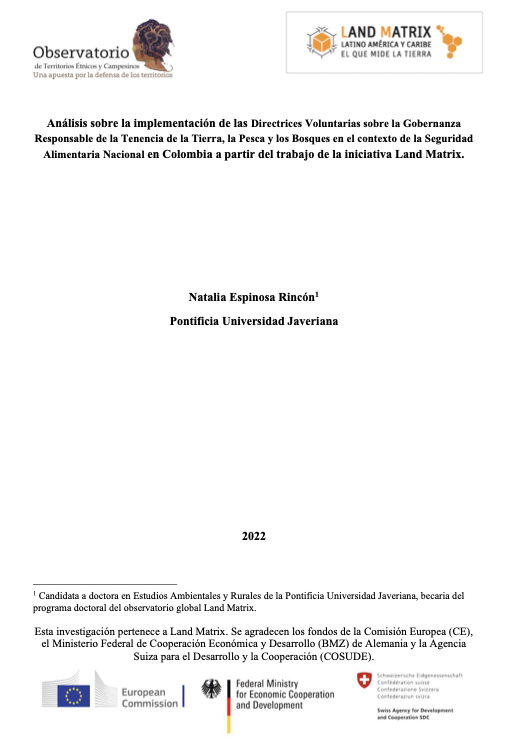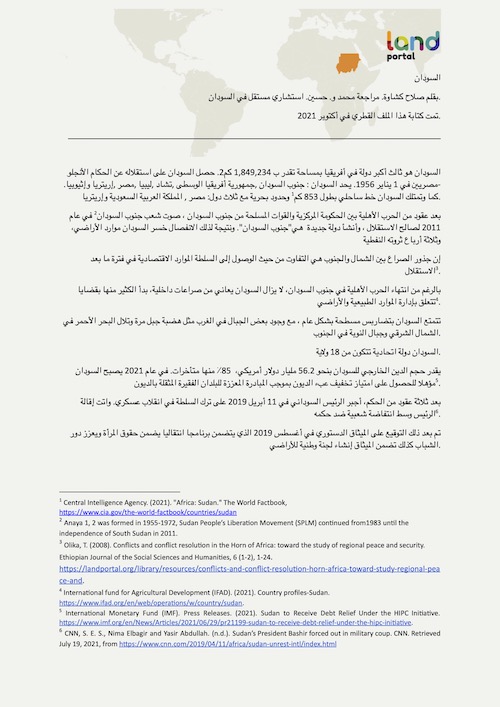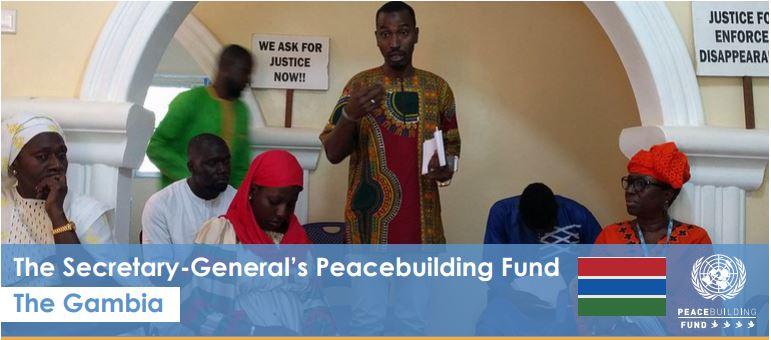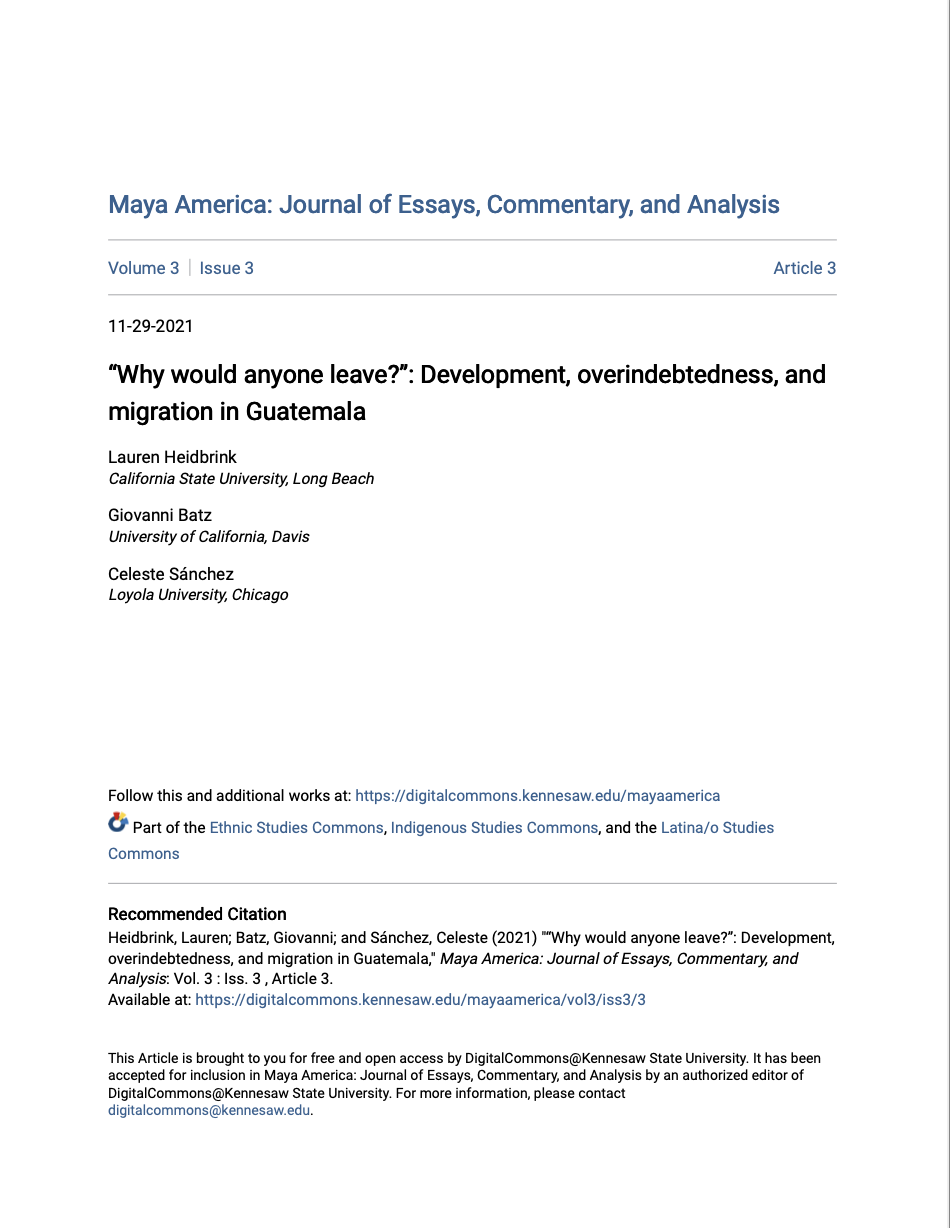Collection des arrêts fonciers modèles de la Cour suprême et des Cours d’appel du Burundi
The Supreme Court of Burundi has just published a collection of land case law which constitutes volume 5 of the "Jurisprudence Review of the Supreme Court of Burundi". This collection was officially presented to the public on December 15, 2022.







